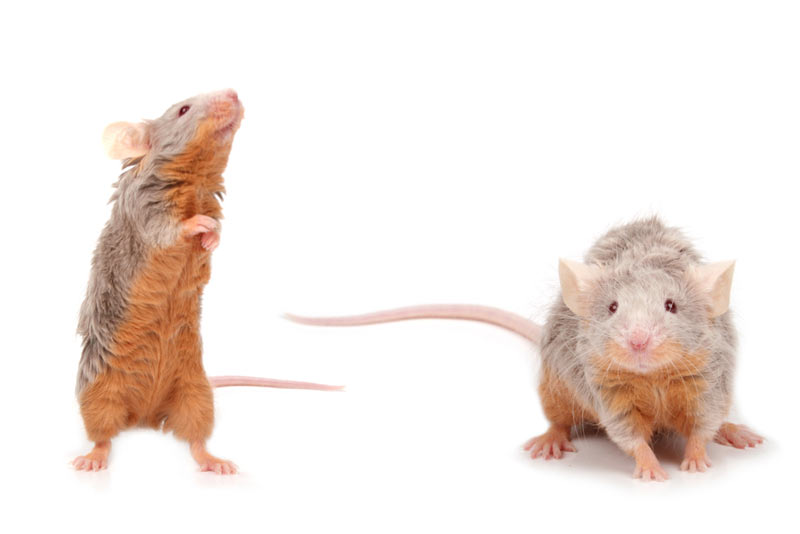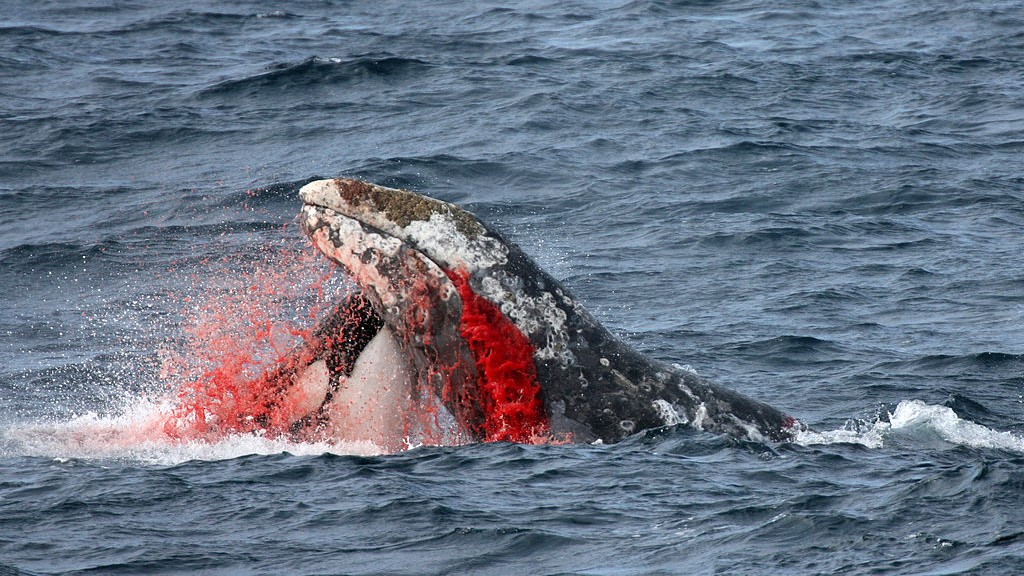House Mice Serenade Mates with 'Bird' Song

Most people are familiar with the telltale squeak of a mouse scurrying out of their pantry, but scientists have long known that these aren’t the only noises house mice make. During courtship, the rodents also communicate in the ultrasonic frequency range, which sits beyond human hearing. Now, new research shows that these mating vocalizations are more than just your typical squeaks — they’re songs, not unlike those you’d expect to hear from courting birds.
“It seems as though house mice might provide a new model organism for the study of song in animals," lead researcher Dustin Penn, an evolutionary biologist at the Veterinary University of Vienna in Austria, said in a statement. "Who would have thought that?"
Over the last few years, Penn and his colleagues conducted a series of studies on the courtship vocalizations of house mice. In their initial research, published in the journal Animal Behavior in 2010, they caught wild male and female house mice and looked at the vocal nature of their courtship routines.
They found that most of the male mice would start their ultrasonic callsthe moment they caught the urine scent of a sexually mature female. When the researchers played these calls back to the females, they learned that the females could somehow tell the difference between the calls of their siblings and the calls of unrelated males — the females showed little interest in the squeaks of their brothers.
More recently, the researchers began analyzing several audio parameters, including duration, pitch and frequency, of the mating calls of wild-caught house mice. To their surprise, they found that the squeaks are quite complex and contain several features seen in bird songs, such as variations in duration and frequency of call syllables (units of sounds separated by silence).
When they compared the songs with one another, they saw that the vocalizations contained signatures of individuality and kinship. They also found that the songs of siblings were more similar to one anther than the songs of unrelated males.
The researchers now plan to look at how song quality affects mate choice— in some bird species, males with the most complex songs win all the females. Future studies will also focus on figuring out how related mice have such similar songs.
Get the world’s most fascinating discoveries delivered straight to your inbox.
"The familial effects we found might be explained by imprinting (social learning), as with bird song, genetic differences, or both," they write in their most recent study, published in the January issue of the journal Physiology & Behavior.



